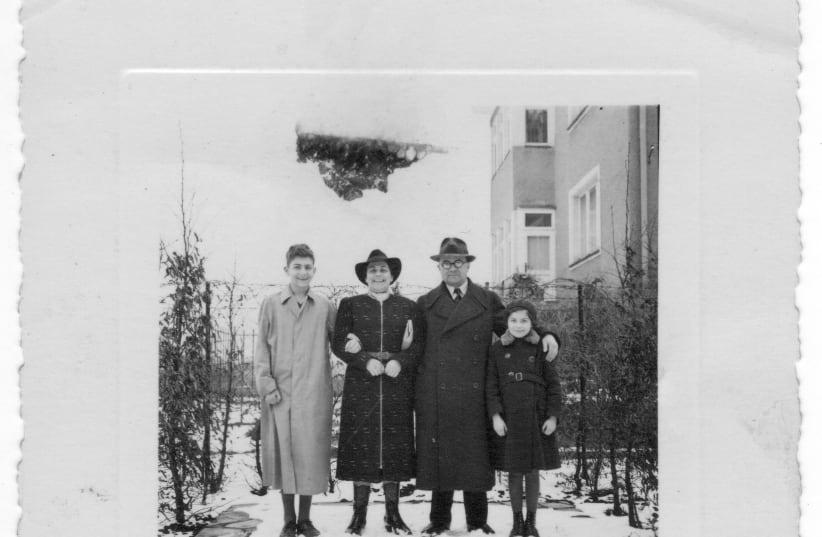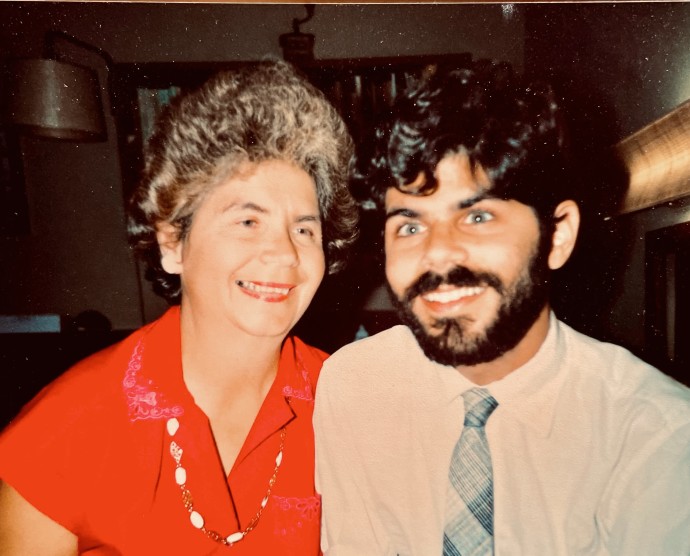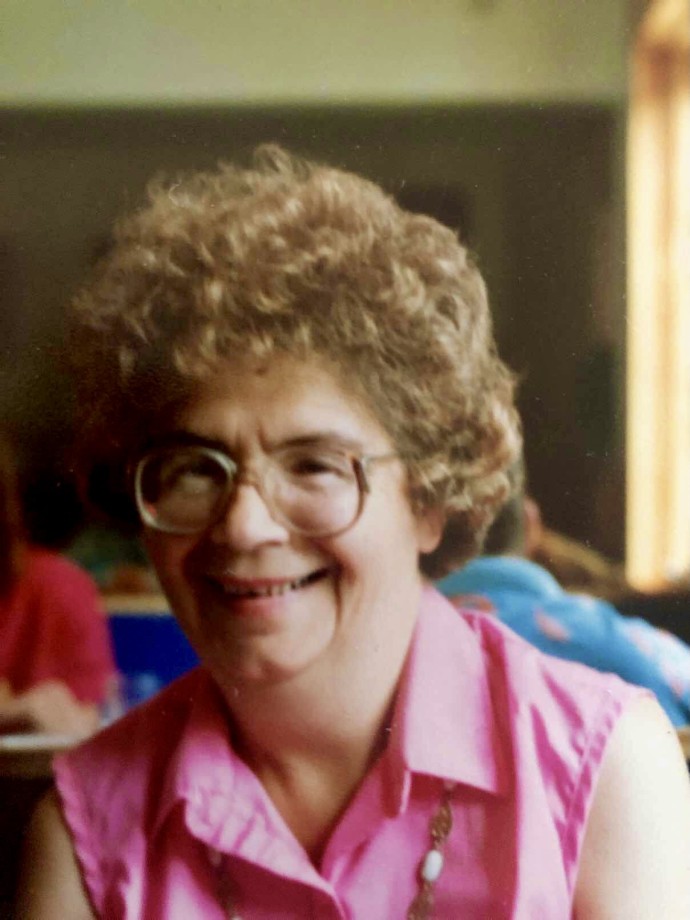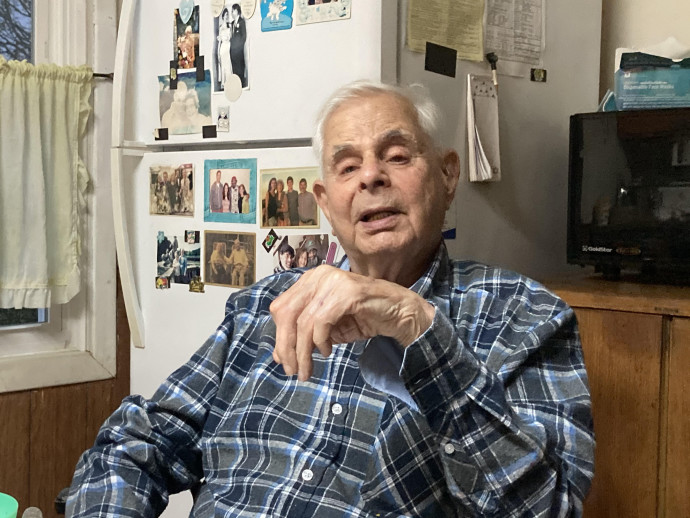My father's family were Heilbuts and my mother's side, Seligmanns. They had lived in and around Hamburg for hundreds of years. My father's family was well-off until the economic crises, inflation and depression hit Germany. My father was one of a handful of Jewish students in his elementary school.
In 1933, he, his brother and mother moved to an apartment in Hamburg, near the City Park, for a sense of greater security. His bar mitzvah in 1935 was in the newly built Reform synagogue. My father remembered the gradual constriction of life and activities, and isolation from his non-Jewish peers throughout his adolescence, being thrown out of school in 1935, having to attend the Talmud Tora Schule, and finally the Juedische Werkschule where he learned cabinet making skills. The latter enabled him to enter Britain as an apprentice in May 1939 when, for all practical purposes, his life began.
My mother grew up in Breslau, her mother's family originating from Silesia and Posen. Her family owned a well-respected confectionary business and property, maintained a comfortable middle-class life, belonged to a Reform synagogue and had a sense of normalcy right up to November 1939. Escaping to Cuba in 1939, she and her family settled in Washington Heights, New York in a community of German-Jewish refugees. As opposed to my father's experience, childhood was interrupted suddenly and radically, and with some trauma.
Rabbi Kevin Hale is taking part in International March of the Living’s "Let There Be Light" global initiative in commemoration of "Kristallnacht."
Memories from November Pogroms ("Kristallnacht")
My father saw the destruction in Hamburg on November 9th, 1938. Although my father did not belong to a synagogue nor live in a Jewish neighborhood, the family realized, especially after Kristallnacht, that they needed to focus on packing up and leaving. He knew people who left, including classmates and teachers at the Juedische Werkschule. His parents considered sending him on the Kindertransport.
My mother's recollection was traumatic. Since her father was out of the country as a salesman, when he returned it appeared that the danger had passed. She did not see the destruction but remembered the next day was made to walk to school in the old city by a different route so as not to walk by her destroyed synagogue. Her school was part of the White Stork synagogue in the old part of Breslau, spared because it was so close to other buildings.
A few nights after my grandfather's return, she recalled "a knock at the door in the middle of the night,” and police/Nazis politely asking, "Herr Lewin would you kindly come to the station?"
It was a deeply traumatic memory, because he was imprisoned in Buchenwald and emerged, half-starved, after two months, when my grandmother provided his ticket to Shanghai.
He was deeply changed and never spoke of it.
"Kristallnacht" pogrom changes the course of my family’s life
"Kristallnacht" changed the course of their lives. Both grandmothers sprang into action, reaching out to family and friends who provided affidavits that enabled them to leave Germany. My father in particular remembered and retold his experience until his last days. What's more, the trauma settled in the family in different ways. My father's cousin, whose family made it to New York in 1938, could not accept the loss of familiarity and committed suicide soon after arrival. I think the trauma of my mother seeing her father taken away and subsequently returning as a shell of himself, and then the abrupt yanking from everything familiar to her, left her fearful and bitter, but also resilient.
Lessons not learned
My father was not sure that the world learned much. He felt Jews had learned the lesson and would not be victimized again, and he felt Germany had made amends, but in general felt it could happen again, if not to Jews than to others.
My father's message for the younger generation was that those of younger generations are not to blame for the crimes of their parents: "Be vigilant, but also be kind to one another."



